Evaluation of the project that promotes food security and climate resilience in Mozambique
Location Zambesia Province, Mozambique
Duration 36 months
Project leaders ICEI, OIKOS e Mani Tese
Partners Universidade Lurio, Helvetas – Swiss Intercooperation, Direcção Provincial de Agricultura e Pesca de Nampula, Comune di Milano, Serviço Provincial de Ambiente da Zambezia, Faculdade de Engenharia Agronomica e Florestal – Universidade Zambeze
Funding Italian Agency for Development Cooperation -AICS
Context
Mozambique experiences significant challenges to the food security and nutrition of its population, despite achieving the Millennium Development Goal of halving the number of people suffering from hunger in 2015. Poor productivity levels combined with inflation, rising commodity prices and vulnerability to extreme weather events (droughts, floods and cyclones) contribute to increased exposure of households to the risk of food insecurity. In addition, poverty and lack of knowledge about nutritious diets cause an increase in child mortality due to malnutrition in children under the age of five.
Although the government recognises food and nutrition security as a key priority within its five-year plan, according to the World Food Programme, climate shocks, along with annual lean seasons and economic shocks, continue to regularly threaten the country’s food security. In addition, the conflict in Ukraine has had a direct impact on food availability and the escalation of violence by non-state armed groups in Cabo Delgado Province causes mass displacement and increased hunger also in the neighbouring provinces, Niassa and Nampula, where 1.5 million people are in need of urgent and vital humanitarian assistance.
In this context, ETHAKA has the overall objective of contributing to food security, improving nutrition and increasing the income of the population in Mozambique, in 2 districts of Zambezia and Nampula Provinces.
The project involves the population of 8 villages in Nampula Province, in Mossuril (Nacuxa, Naphome, Chicoma, Muanona, Naguema, Namatinte, Namige and Namarral) and 8 villages in Zambezia Province, of which 4 in Maganja da Costa (Nanene, Masqueira, Ebona and Muiebe) and 4 in Namacurra (Nevura, Muibo, Wazemba, Mazuau).
General Objective
ETHAKA operates in both rural and urban areas, with the specific objective of facilitating the adoption at institutional and community level of an agricultural model of production and consumption that is sustainable, resilient and meets the nutritional needs of the population.
The M&E and Impact Assessment Unit was involved to conduct the mid-term and final evaluation of the project.
Our contribution
The evaluation approach was designed to be coherent and in dialogue with the Result Based Management system on which ETHAKA’s programmatic framework is based, and at the same time to extend the view of the evaluation beyond the RBM indicators, involving the project’s main stakeholders in order to qualitatively explore key issues and identify key lessons learned.
The evaluation is based on a theory-based approach, and thus starts from the reconstruction of the causal chain behind the project logic (Theory of Change). Moreover, the possibility of conducting the study in two phases – intermediate and final – allows for a formative and summative approach respectively.
Read more on the M&E and Impact Evaluation Unit
Related Projects
-

Monitoring Information System for project WATDEV on water management and sustainable development in East Africa
-

Research on knowledge, attitude, social norms and practice on reproductive health rights and gender-based violence in Narok county, in Kenya
-

Evaluation of the project that promotes food security and climate resilience in Mozambique
-
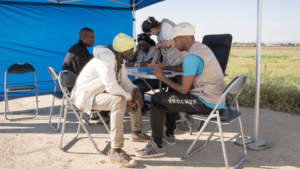
Evaluation of the project strengthening migrants’ right to health in Italy, Greece and Malta
-
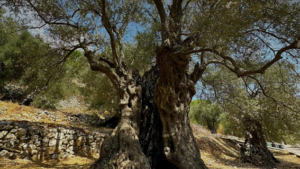
Final evaluation of the project that strengthens olive farmers’ resilience in Southern Lebanon
-
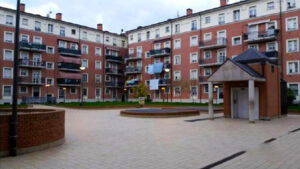
Social impact assessment of the Rapporti Corti project for socio-educational inclusion in the Navile district of Bologna
-

Evaluation of the Naseej project to stop gender-based violence in Iraq, Yemen, and Palestine
-
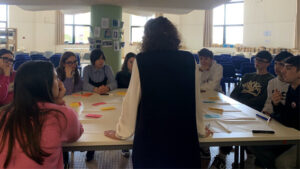
Evaluation of the project that promotes youth employment in Italy
-
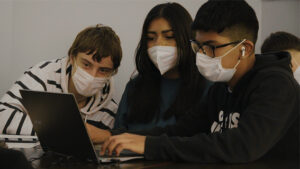
Final evaluation of the ‘5G Smart School’ project for innovative teaching in Italian schools
-
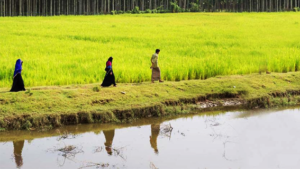
Evaluation of the project that fosters mainstreaming migration into international cooperation and development policies
-

Final evaluation of a project to contrast educational poverty in Albania
-
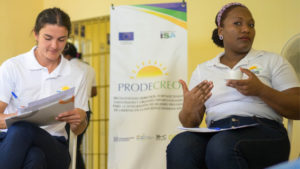
Evaluation of the project PRODECREO to promote the rights and socio-occupational reintegration of women deprived of their liberty in the Dominican Republic
-
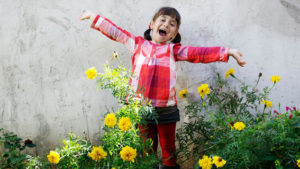
Final evaluation of the SOS Children’s Villages family strengthening project in Bosnia and Croatia
-

Evaluation of the project for the motor rehabilitation of oncological children in Turin
-
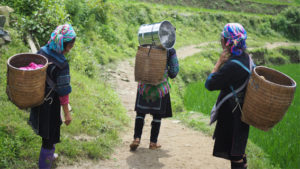
Evaluation of the project that aims to improve the health of the most vulnerable in Myanmar
-
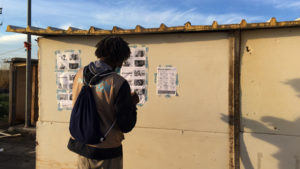
Final evaluation of the project that fosters proximity social-health services in the informal settlements of the Province of Foggia
-

Food Wave, Monitoring the project that promotes sustainable food consumption among young Europeans
-

Spazio Donna, evaluation of the projects to foster women empowerment and contrast gender-based violence
-

Evaluation of the projects “M’Interesso di Te” that tackle unaccompanied foreign minors’ integration
-
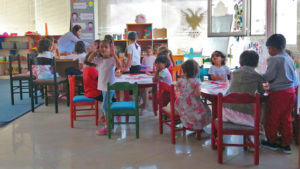
Evaluation of psycho-socio-sanitary interventions in response to the COVID-19 pandemic and the earthquake in Albania
-

Final evaluation of the Youth For Love project to raise young people’s awareness of gender-based violence
-
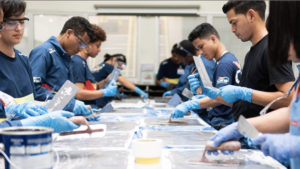
Multi-country mid-term evaluation of the YouthCan! programme, promoting the employability of vulnerable young people
-

Final evaluation of WEGO2 to support women economic empowerment contrasting intimate partner violence
-
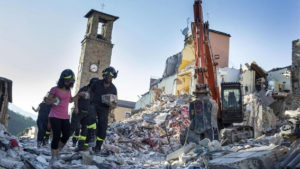
Action Research for the project Do.N.N.E against gender-based violence in Central Italy
-

Evaluation of the project “Mentors for Resilience” to contrast educational poverty
-
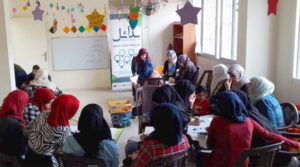
Outcome Harvesting of the project that aims to promote stability and social enterprise in Lebanon
-
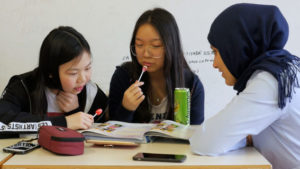
Annual evaluation and SROI of the programme “Nessuno Escluso” to contrast social exclusion and educational poverty in Tuscany
-
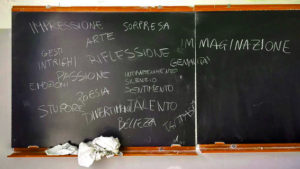
Evaluation of the project “Dreams and Needs” to contrast educational poverty in Italy
-
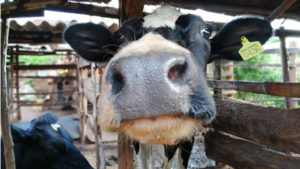
Mid-term evaluation of the project MilKy for the development of a sustainable dairy supply chain in Kenya
-

Final evaluation of Pe.R.Co.rrere: resilience of communities in Center Italy
-
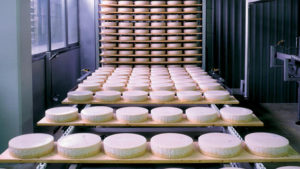
Evaluation of the promotion campaign for Piave DOP cheese in Austria, Germany and Italy
-
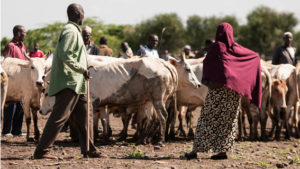
Mid-term & final evaluation of a project to strengthen resilience to climate shocks in Kenya
-
Evaluation of the promotion campaign for Italian specialities in Japan
-
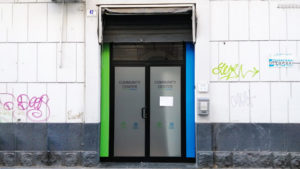
Community center, final evaluation of the social inclusion project
-
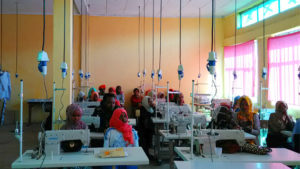
Mid-term evaluation of the project to contrast irregular migration in Ethiopia
-
Mid-term evaluation of the project for the conservation of Protected Areas in Albania
-

Social Impact Assessment of children’s protection programmes in Kyrgyzstan
-
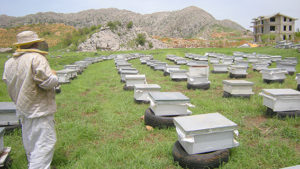
Monitoring&Evaluation of reintegration services for drug addicts and ex-addicts in Lebanon
-

SROI Analysis, Albergo Etico social performance
-
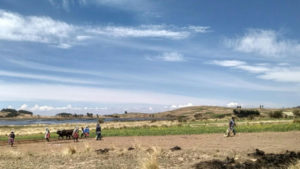
ECO.COM: strengthening local economic development in Bolivia
-

Improving the sustainability in the cherry supply chain in Bulgaria and Turkey
-
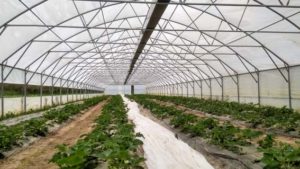
Evaluating sustainable agricultural supply chains in Bosnia Herzegovina and Albania
-
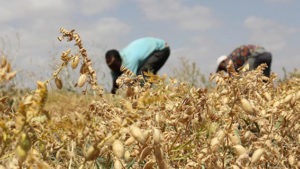
Impact evaluation of the creation of a durum wheat supply chain in Ethiopia
-
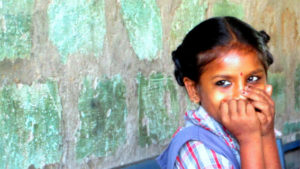
Impact evaluation of a Rehabilitation programme in India